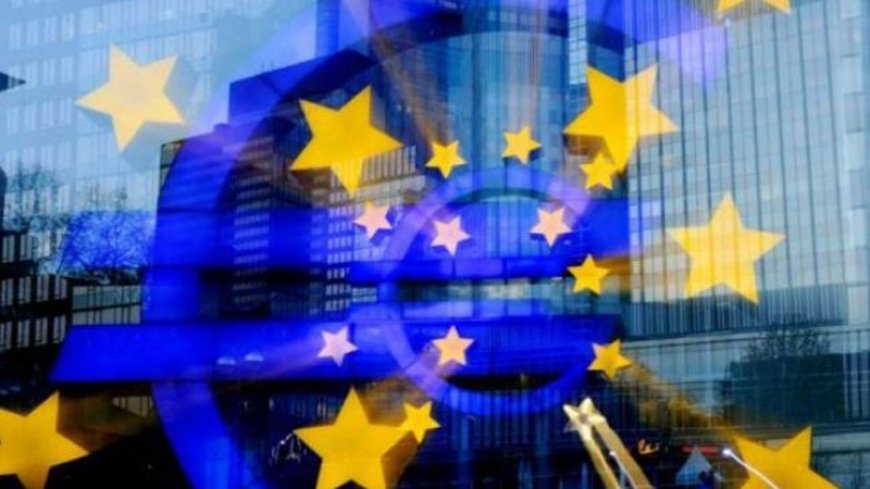Rising prices in the Eurozone
Rising prices in the Eurozone

Rising prices in the euro area has become a big problem. The sharp rise in food and energy prices, influenced by the war in Ukraine and the adoption of several packages of Western sanctions against Russia, is considered to be the reason for inflation in Europe, so that the economy of this region is close to recession.
The head of the European Central Bank, Christine Lagarde, issued a report warning of a downward trend in eurozone economic growth, saying that rising energy prices led to a halt in economic growth in the eurozone in early 2023.According to the Lagarde report, domestic demand, especially domestic consumption and consumer and business confidence among the 20 EU member states, is at a very weak level.
According to her, the inflation rate, excluding the energy and food sectors, reached 5.3 percent in May. Inflation in the eurozone in May 2023 was 6.1% per annum - less than 6.9% in March and 7% in April and much less than 10% in the summer of 2022. However, according to the plans of the European Central Bank, long-term inflation should be 2% per annum - that is, now inflation is more than expected.
Meanwhile, the European Central Bank raised the key rate from zero in July 2022 to 3.75%, and inflation still remains quite high. The bloc is already on the verge of a recession, and further rate hikes threaten to make it worse. Worse, rising rates could lead to a banking crisis.













































